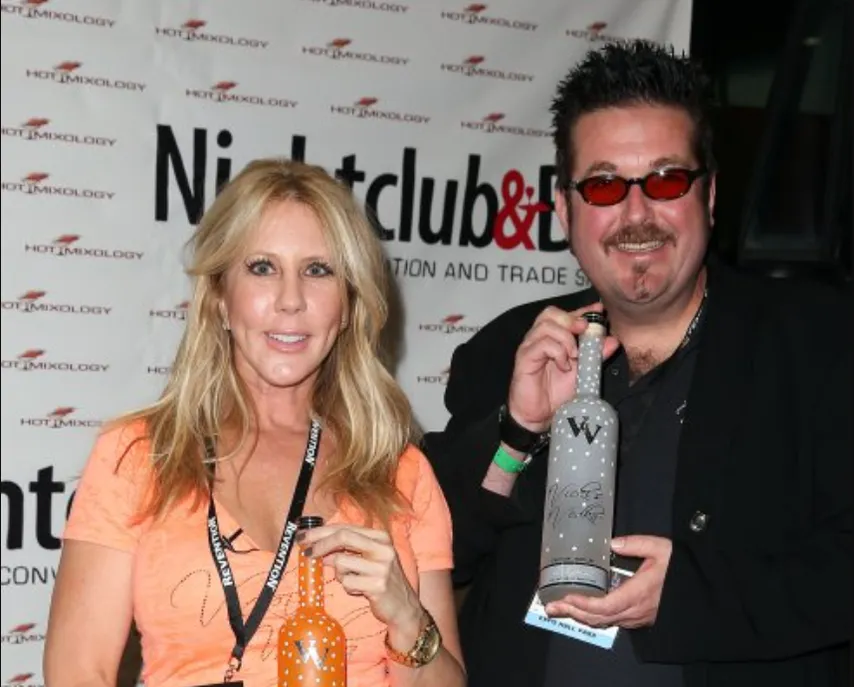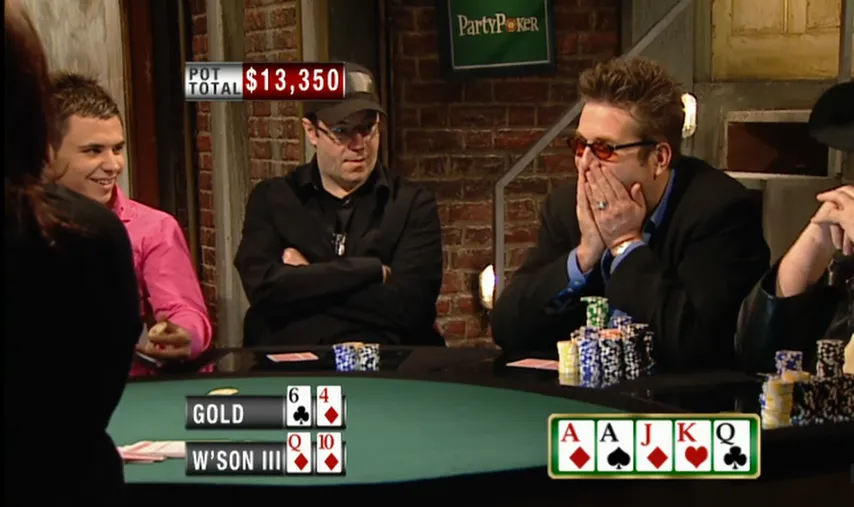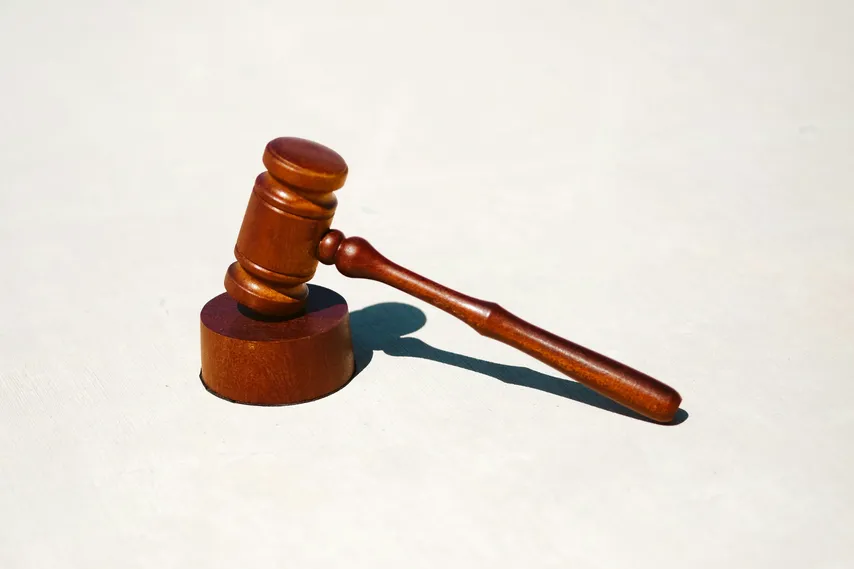This story began more than a decade ago, around the time of poker's Black Friday and the closure of Full Tilt.
In 2012, a poker champion, a reality TV star, and a distiller began a vodka venture. As most startups do, they faced a mixture of obstacles. The three owners seemed well-suited for the task though. Advertising potential, industry knowledge, and financial backing were all in their range.
We'll tell you about the three major players, before the eventual legal showdown.

A Poker Player, TV Star, and Vodka Maker
2002 World Series of Poker winner Robert Williamson III, Victoria "Vicki" Gunvalson of The Real Housewives of Orange County, and her then-boyfriend David Brooks Ayers came together for a business venture. Their vodka company hoped to capitalize on Victoria Gunvalson's celebrity status and investment from Williamson, also known as "Mr. Omaha," for his affinity for PLO.
Robert Williamson III has 37 cashes in WSOP events, many of which are Pot-Limit Omaha format. His largest ever cash was for about $350,000 from a $5k Omaha event in 2005, adding to his $1.5 million total World Series winnings.
He also played in several televised games, including this partypoker-sponsored match-up. It was a different time. With a $4,000 river bet (less than half-pot), Jamie Gold got Williamson to lay down a straight.

Williamson, enticed by financial projections promising millions in revenue, invested in the company. Alongside his wife, Cate, he also developed the designs for the vodka bottles and merchandise.
But, he brought more than just financial backing to the venture. With over $2.5 million in live tournament earnings and a coveted WSOP bracelet, Williamson's expertise and connections made him a valuable asset. He became the Chief Marketing Officer and majority shareholder of Vicki's Vodka.
Vicki Gunvalson spent 15 seasons on The Real Housewives of Orange County, leaving in 2020. David Ayers, her boyfriend at the time, was Chief Operating Officer. Interestingly, he later forged documents showing that he had cancer, but that's another story.
Part of Vicki's brand work would be promotion, across various social media and television opportunities. Nowadays, she's the CEO of an insurance company.
Distiller Michael Nicholson joined the team as President and CEO, already with the award-winning Cougar Juice vodka on his resume. He brought his manufacturing expertise and industry knowledge along, surely giving Vicki's Vodka more of an edge.
Initially, these three split the shares roughly three ways.
A Turn for the Worse
The group worked tirelessly to create a beautiful product, with Gunvalson promoting the vodka on her reality show and at events. However, they neglected the crucial task of securing distribution channels and retail outlets. As personal and professional relationships soured, the company's foundation began to crumble.
By the Spring of 2013, ownership was reshuffled. 66% of the chips were with Williamson, while the rest were Gunvalson's. Nicholson handed over his interest in the company, staying on as a contractor. The same year, Williamson came 17th in a WSOP mixed game event for a small payoff.
ReadAmidst the chaos (and after a heated phone call), Williamson sued Gunvalson and Ayers, but the parties attempted to salvage the business with a settlement agreement in July 2013. Gunvalson agreed to continue promoting the vodka and exclude Ayers from the business, while Williamson dismissed the lawsuit.
Despite their efforts, Vicki's Vodka remained in limbo, with no concrete deals or proper licensing in place. Frustrated and unable to sell the product, Gunvalson sought to dissolve the company, while Williamson filed another lawsuit against his former partners and their associated companies.
For eight years, the battle raged on. By the time the case reached a bench trial in June 2021, it had been distilled down to Williamson's and Vicki's Vodka's claims against Gunvalson and Nicholson for breach of contract, misrepresentation, promissory estoppel, along with breach of the implied good faith and fair dealing.

Legal Showdown
After five days of testimony, exhibits, and briefings, the court found that the plaintiffs (Williamson's side) failed to prove any of their claims or damages.
With the damages that Williamson was seeking, the burden of proof needed to be rock-solid. His team proposed three different numbers for the damages they sought, saying that the true figure was somewhere in between.
1. $9,260,150.74
A 7-year profit estimate (after taxes).
2. $15,433,598.50
Similar to the first model, without taxes against the company.
3. ~$43,000,000
This amount comes from the sale price of another spirits company, also with a Real Housewives cast member-owner.
However, Williamson wouldn't receive any of those estimates. The judge entered judgment in favor of the defendants, Gunvalson and Nicholson, and closed the case, putting an end to the eight-year legal saga.
In the end, what began as a promising venture born out of celebrity, poker expertise, and ambition, crumbled under the weight of neglected business fundamentals, personal conflicts, and a series of legal battles. The story of Vicki's Vodka is a cautionary tale for those entering into business partnerships, emphasizing the importance of solid foundations, clear agreements, and a focus on the essential aspects of running a successful company.
Read Read